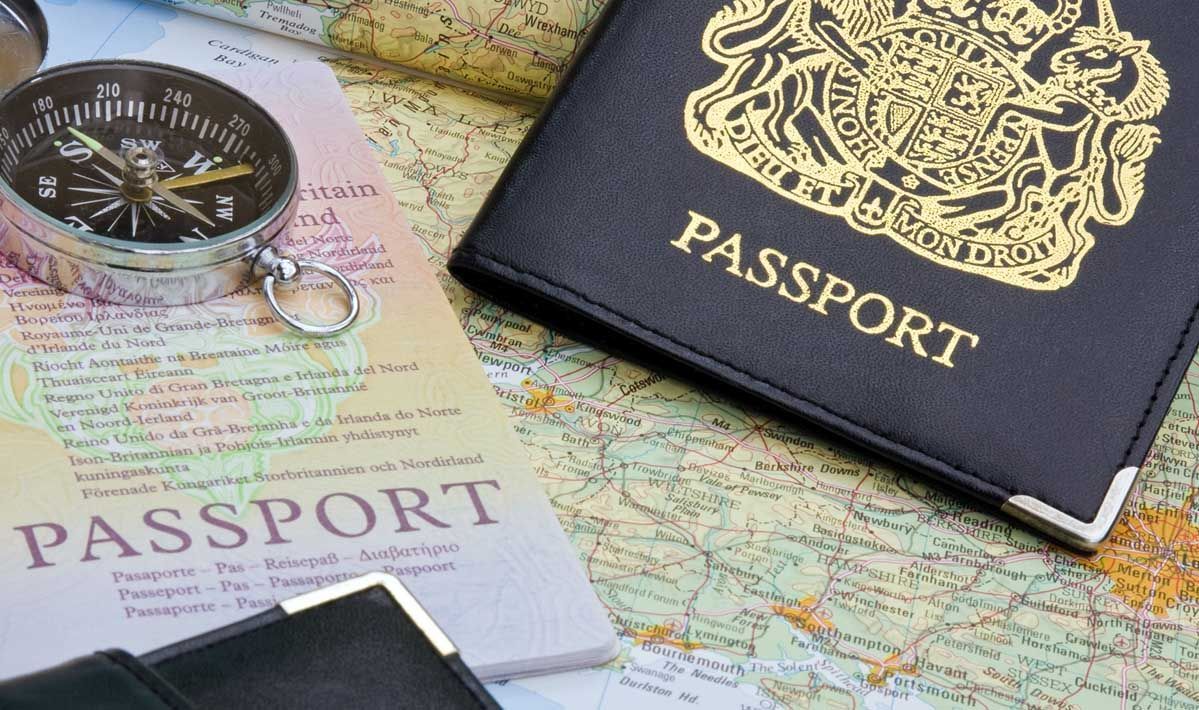Business Visit Compliance in Asia Pacific: Focusing on Travel for Conferences and Events
September 30, 2014
By: Mario Tablan
The Asia Pacific region is one of the most visited in the world. Data from the United Nations World Tourism Organization (UNWTO) last year shows that, together with the Americas, it enjoyed the strongest growth (+6 percent) worldwide. Visitors in 2013 totaled 248 million, some 14 million more than the previous year, representing an upward trend which the UNWTO believes is sustainable and for which they are predicting a 5 percent year-on-year increase until 2030.
Much of this robust inflow is due to visitors attending meetings, conferences and events – activities which, in most Asia Pacific countries, can be classified as a “business visit” for the purposes of immigration. However, this classification cannot be assumed in every case. There could be serious consequences for business travelers if they do not carry the appropriate visa or inadvertently conduct activities that may be construed as work.
Depending on the specific requirements of each country, business visitor status may (or may not) suffice. Another status – such as a work permit exemption, a different visa category, or even a work permit – could be required. Differences may also apply when an individual is organizing an event or making a presentation, as opposed to simply attending. To illustrate:
In Hong Kong, visits for business meetings, attendance at short term seminars, and participation in product orientation programs, exhibitions or trade fairs typically meet business visit criteria. However, direct selling of goods or supplying of services to the general public, and constructing exhibition booths are not permissible business visit activities in Hong Kong. Depending on the nationality of the traveler, a visitor visa may need to be obtained prior to arrival.
In South Korea, participation in meetings, conferences and other business events is generally permissible on business visit status. The South Korean Immigration Office describes a “business visit” as a short term stay for a period not exceeding 90 days to perform a wide range of business-related activities. In contrast to Hong Kong which places more emphasis on activities, South Korea emphasizes time spent in-country. While this poses minimal concern to occasional business visitors, those who travel very frequently into Korea should plan accordingly. Individuals who anticipate visits totaling more than 90 days in any one year would be best having their overall requirements assessed by their immigration advisor.
In Singapore, attending meetings, conferences or exhibitions can be done on business visitor status. A small number of foreign nationals require an entry visa; most can enter without a visa. Business visitors are generally allowed to attend business meetings or discussions, make sales calls, and attend seminars or “fact-finding” meetings. However, seemingly correlated activities such as delivery of training in a classroom setting; organizing, conducting or presenting at a conference, seminar or workshop; and being an exhibitor at an exhibition are classified as work pass exempt activities and require an exemption from the Ministry of Manpower. This can be obtained by filing an online e-Notification after arriving in Singapore.
In India, recent changes in regulations require those visiting solely to attend symposiums, international conferences, seminars or workshops to obtain a conference visa. If they will attend both business meetings and a conference or seminar during their stay, a business visa will be sufficient.
Of all the countries in the region, Thailand has the broadest definition for work (and conversely, the most restricted in terms of allowable business activities for foreign nationals). The legal definition of “working” under the Thai Alien Occupation Act would cover most business-related activities, whether permanent or temporary. Thus, attending business meetings, as well as other activities normally regarded as business activities in other countries, would necessitate obtaining a work permit after arrival. If the activity is conducted for 15 days or fewer, it is possible to obtain an Urgent Work Permit (UWP); work for more than 15 days will require the standard work permit.
The Thai Employment Department has slightly eased the work permit rules by allowing a limited exemption. Travelers entering Thailand solely as attendees at conferences, exhibitions, trade shows or product launches which are open to the public no longer need to apply for a UWP. However, those who conduct or organize these events must still be work-authorized.
Staying on top of immigration compliance
As evident from the above examples, multiple factors impact whether or not a short term visit qualifies as a business visit, chief of which is how the receiving country treats the activities to be conducted and for certain countries, the length of allowable stay. Many Asia Pacific governments do not provide a statutory description or list of activities for business visits or work. For Thailand, the breadth of the definition only confirms that very little activity is authorized under just a business visa. Generally, though, most jurisdictions leave the description open for official discretion to apply or adjudicate along prevailing policy lines.
Whether your employees engage in one-off or frequent business travel, clarity should always be sought to ensure the visa or entry being planned for is the most appropriate. Care must be taken to evaluate the big picture, including (but not limited to) the number of employees being sent, frequency of travel, amount of time spent in-country, whether certain activities are conducted in combination with other activities, and compensatory or other arrangements with the host company. Compliance for short term travel is as important as that required for long term employment and assignments.














